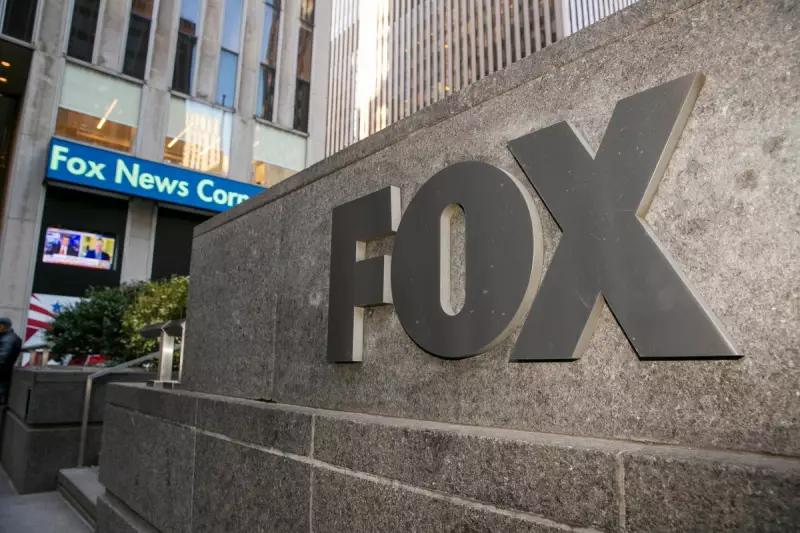
In a dramatic legal escalation that pits government authority against media power, the US Internal Revenue Service has launched a formidable lawsuit against Fox News. The federal agency alleges the media giant unlawfully published confidential taxpayer information obtained from a protected whistleblower.
The case centres on a bombshell report aired by Fox News in 2017, which revealed sensitive details about an IRS investigation into a high-profile individual. According to court documents, the network obtained these details through what the IRS describes as an illegal leak from whistleblower Holly Paz, then a high-ranking IRS official.
The Core Allegations
The lawsuit presents a stark accusation: Fox News knowingly received and published confidential taxpayer information that was illegally disclosed. This information, protected under strict federal privacy laws, allegedly came from Paz, who was at the time the IRS's director of whistleblower operations.
"This case strikes at the heart of taxpayer confidentiality," legal experts note. "The IRS maintains that publishing such information, regardless of how it was obtained, violates federal law and undermines the entire tax system's integrity."
First Amendment Implications
Fox News is expected to mount a vigorous defence centred on First Amendment protections for journalists. The network will likely argue that reporters have the right to publish newsworthy information, even if obtained through leaks, provided they weren't directly involved in the illegal acquisition.
However, the IRS maintains that taxpayer information receives unique protection under federal law, creating an exception to typical press freedoms. This legal distinction could define the case's outcome and set significant precedents for journalism.
Potential Consequences
The lawsuit seeks substantial financial penalties that could reach into the millions. More significantly, a ruling against Fox News could establish new boundaries for media organisations handling leaked government information.
Legal analysts suggest this case might eventually reach the Supreme Court, potentially creating landmark jurisprudence on the tension between press freedoms and government confidentiality interests.
As this legal drama unfolds, it raises critical questions about journalistic ethics, government transparency, and the delicate balance between the public's right to know and the individual's right to privacy.






